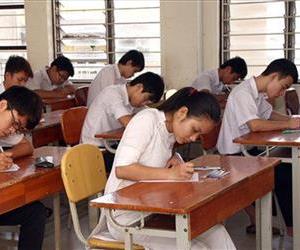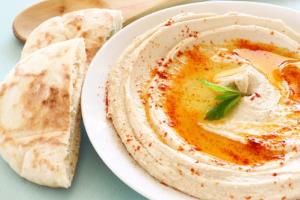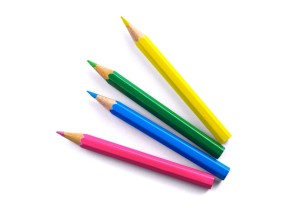Freakonomics Author Devises Algorithm to Catch Cheaters

(AP Photo/Vietnam News Agency, Tran Le Lam)
1) In what ways can the use of statistics provide evidence for action? What are the limits of statistical knowledge?
2) Why might the students' parents feel differently than the professor? The same? Why might a Chinese student feel differently than an American?
3) Is statistics math or science? How is this connected to social relationships?
4) In what ways would this story be reported differently if the researcher was not well-known? How might this be different
5) What are some basic assumptions about cheating in general and in academics specifically? In which subject would cheating be most beneficial for you?
Extension Activities:
1) Students can write a satirical story making cheating in sports analogous to academic cheating.
2) Students can develop their own statistical models for cheating in a classroom of their choice.



